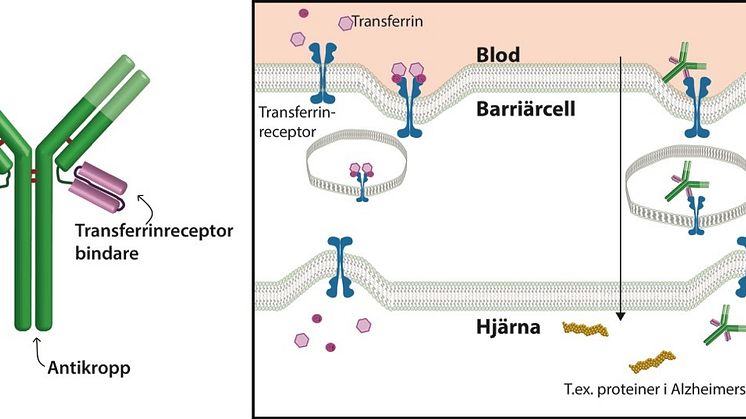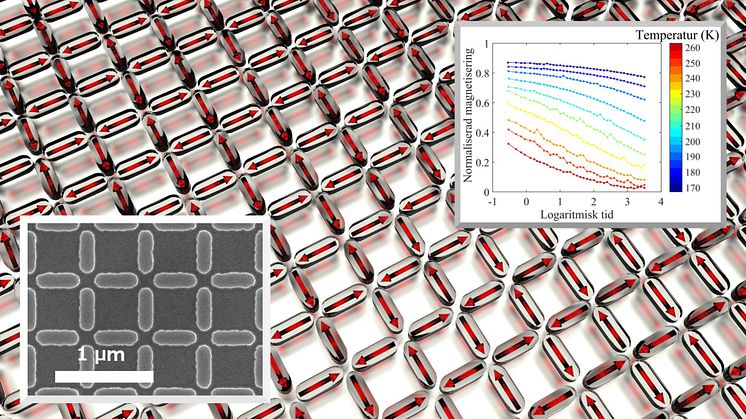A new principle for epigenetic changes
In a new study, researchers at Uppsala University have found evidence of a new principle for how epigenetic changes can occur. The principle is based on an enzyme, tryptase, that has epigenetic effects that cause cells to proliferate in an uncontrolled manner.


